What is the DSA and How Does it Work?
- 04/08/2019 05:37 PM (update 04/10/2023 11:09 PM)
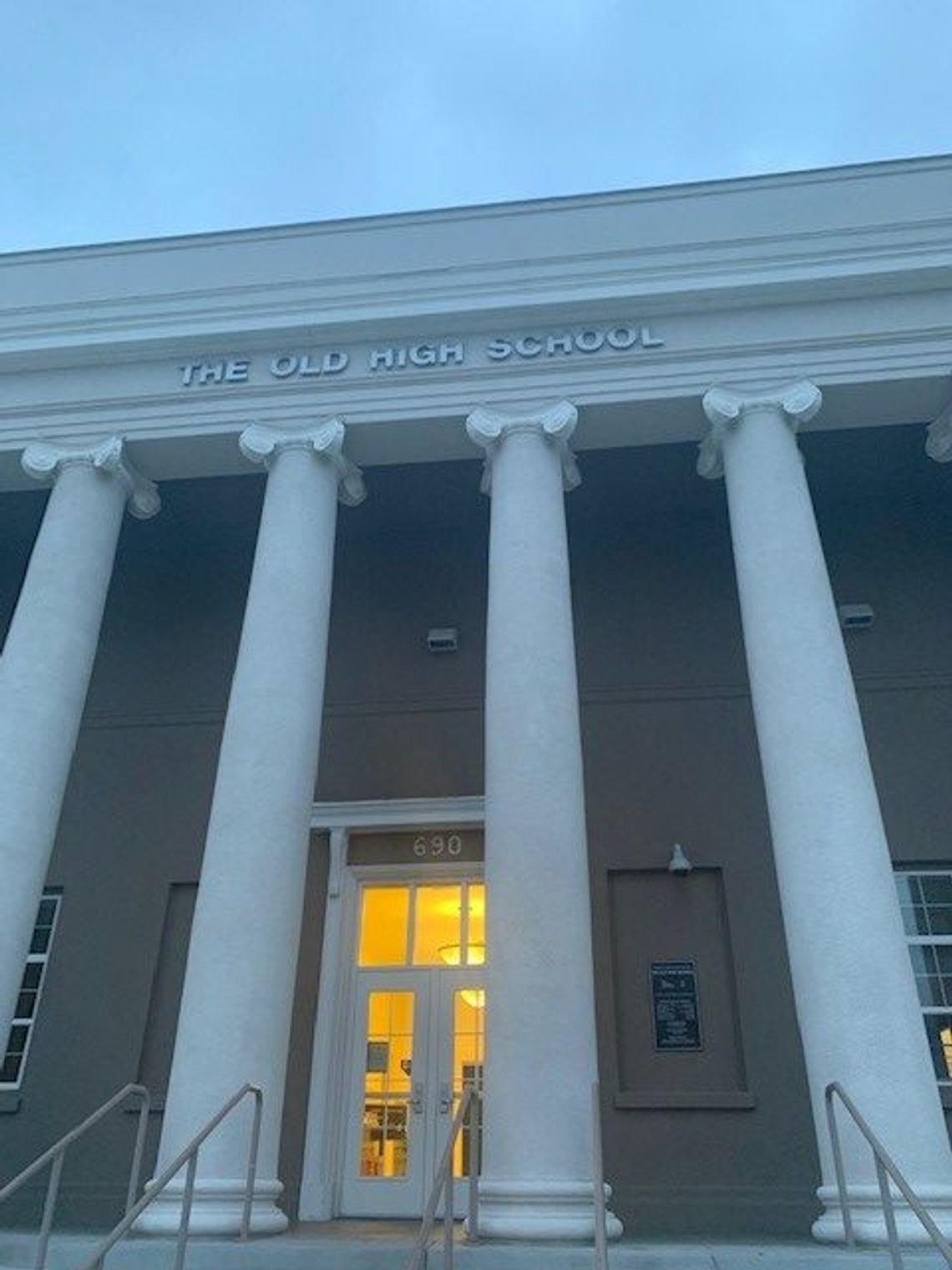
Staff report --
This information is taken from the Nevada Legislature website and is an attempt to explain and help in understanding the way the Distributive School Account works.
The DSA provides direct state financial aid to school districts and charter schools for K-12 public education in Nevada. The DSA is based on a funding formula identified in Nevada Revised Statute 387.121 and called the “Nevada Plan.” It provides school districts a guaranteed dollar amount of basic state support for every student enrolled in a district, plus additional money for programs such as special education, class-size reduction, and a reimbursement for certain student transportation costs.
School districts and charter schools receive either monthly or quarterly payments from the DSA on the basis of student enrollment.
Each school district is guaranteed a specific amount per student, which is developed through a formula that takes into account the demographic, economic, and wealth characteristics of each district. The formula also allows for payments for licensed employees and related costs which are determined from tables that recognize the differences in costs between rural and urban school districts as well as small and large districts. Transportation costs are incorporated into the allocation process as well.
In order to calculated basic support for each district, the formula accounts for students enrolled in grades K-12, students in ungraded special education classes, and six-tenths of the count of students enrolled in preschool programs for children with special needs. Special education is funded on an amount-per-unit basis as established by each session of the Legislature.
School districts and charter schools are partially protected from decreases in enrollment through a one-year “hold harmless” provision in the NRS which guarantees a payment based on the highest enrollment in the current or prior year unless the decrease is greater than 5%. In that case, the payment guarantee is based on the higher of the prior two years’ enrollment.
The DSA is funded by a General Fund appropriation, sales taxes on out-of-state sales, income from federal mineral land leases, interest from the Permanent School Fund, and a portion of the state taxes on slot machines. In FY 18, the Permanent School Fund paid $25.35 million to the DSA.
In addition to these DSA state funds, each school districts also receives the 2.60% local school support sales tax that is part of the DSA guarantee; the abated $0.75 per $100 of assessed valuation property/mining tax – one-third of which is part of the DSA guarantee;; governmental service taxes; franchise taxes; and various other local and federal revenues.
For more information go to: https://www.leg.state.nv.us/App/NELIS/REL/79th2017/Budget/5845/Overview
Support local, independent news – contribute to The Fallon Post, your non-profit (501c3) online news source for all things Fallon.
Never miss the local news -- read more on The Fallon Post home page.

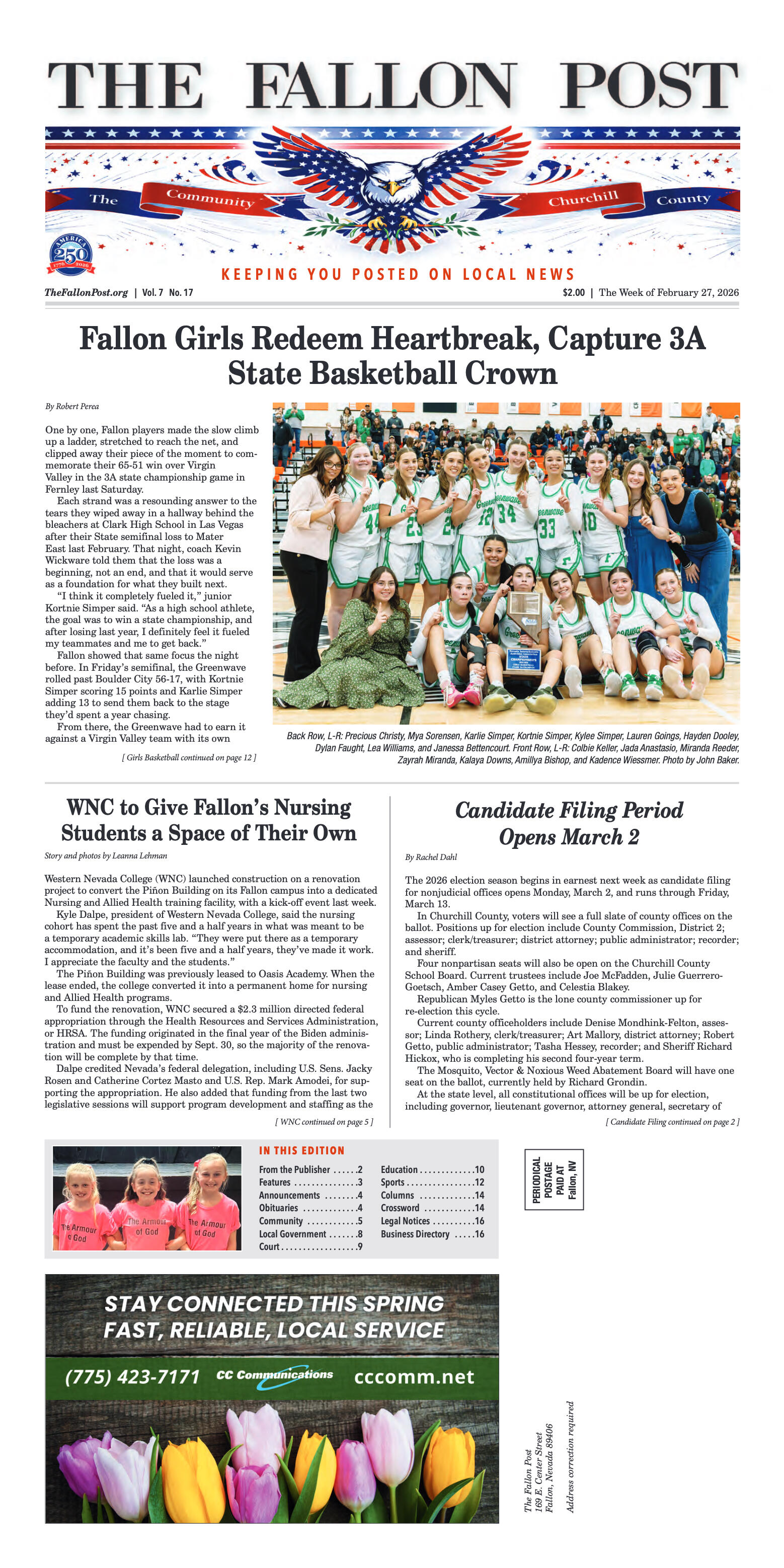

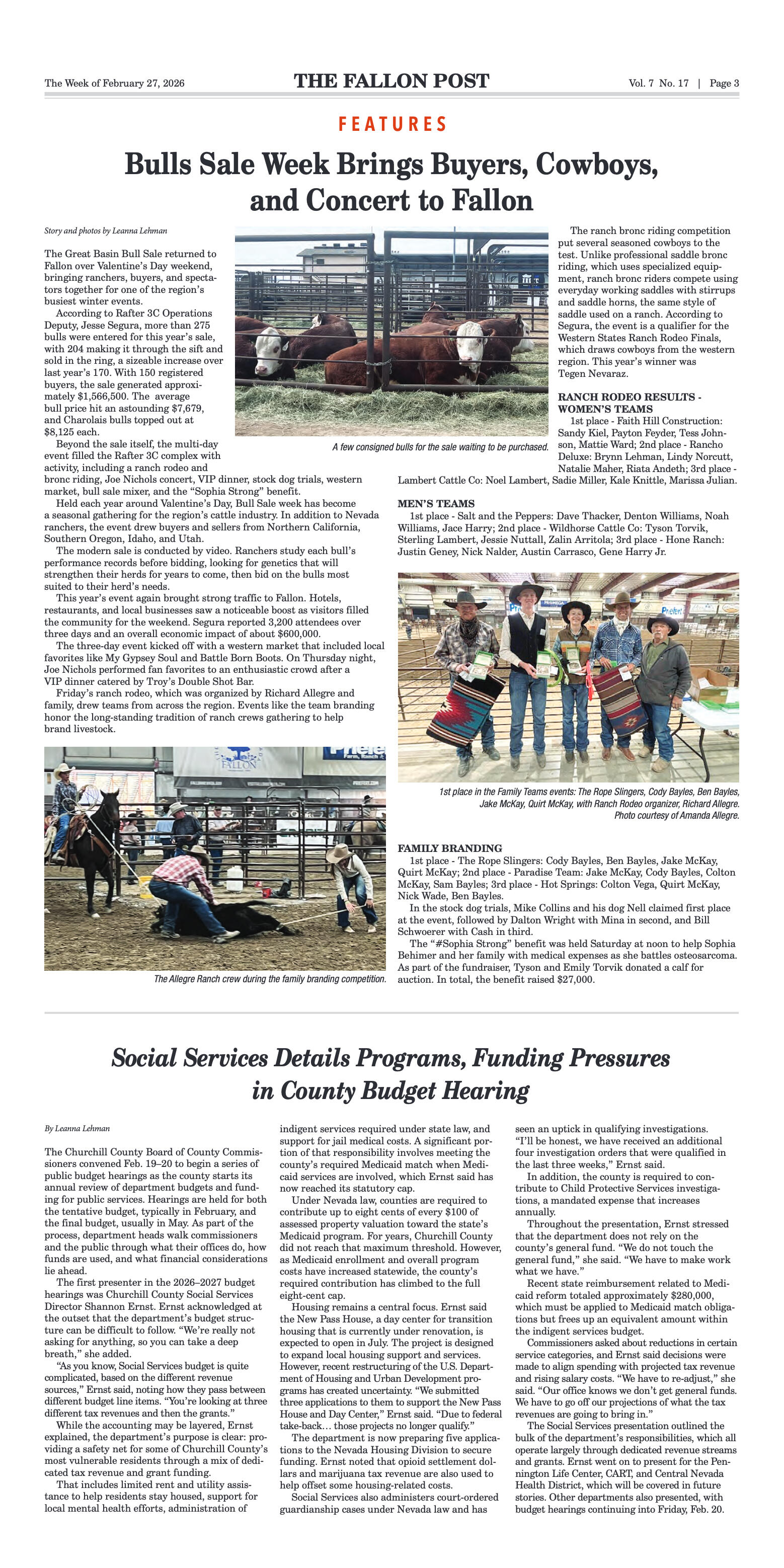
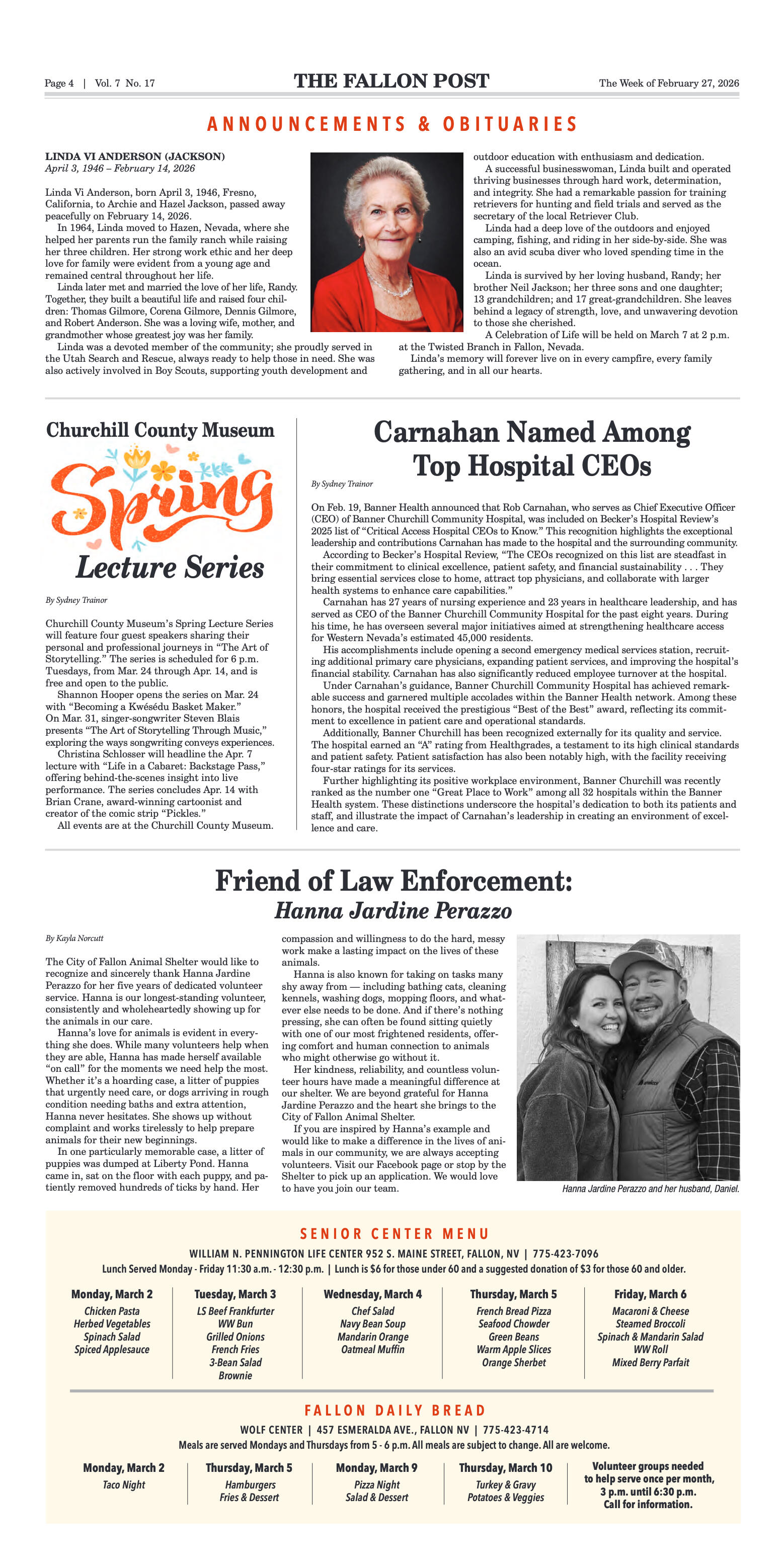
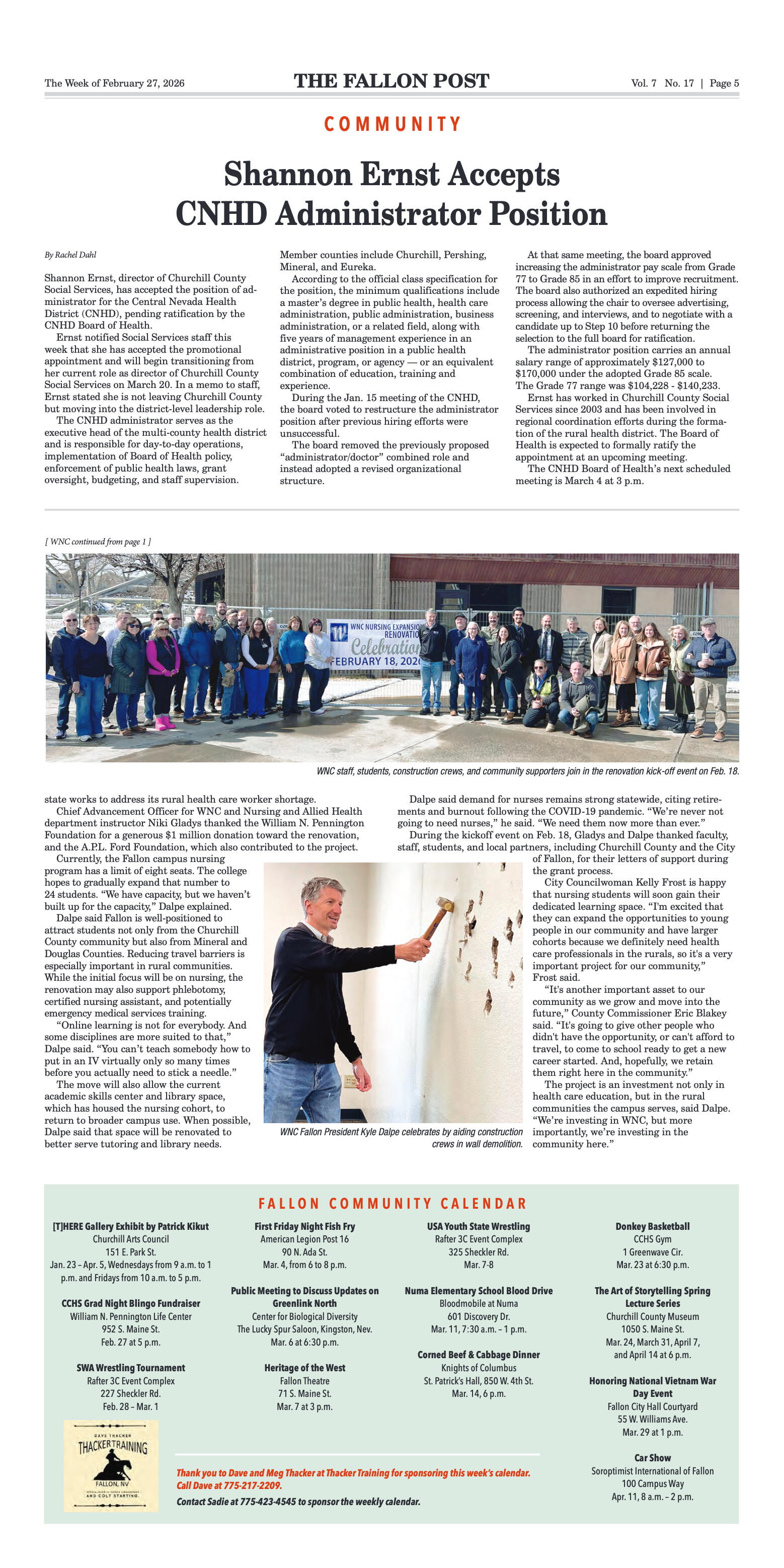


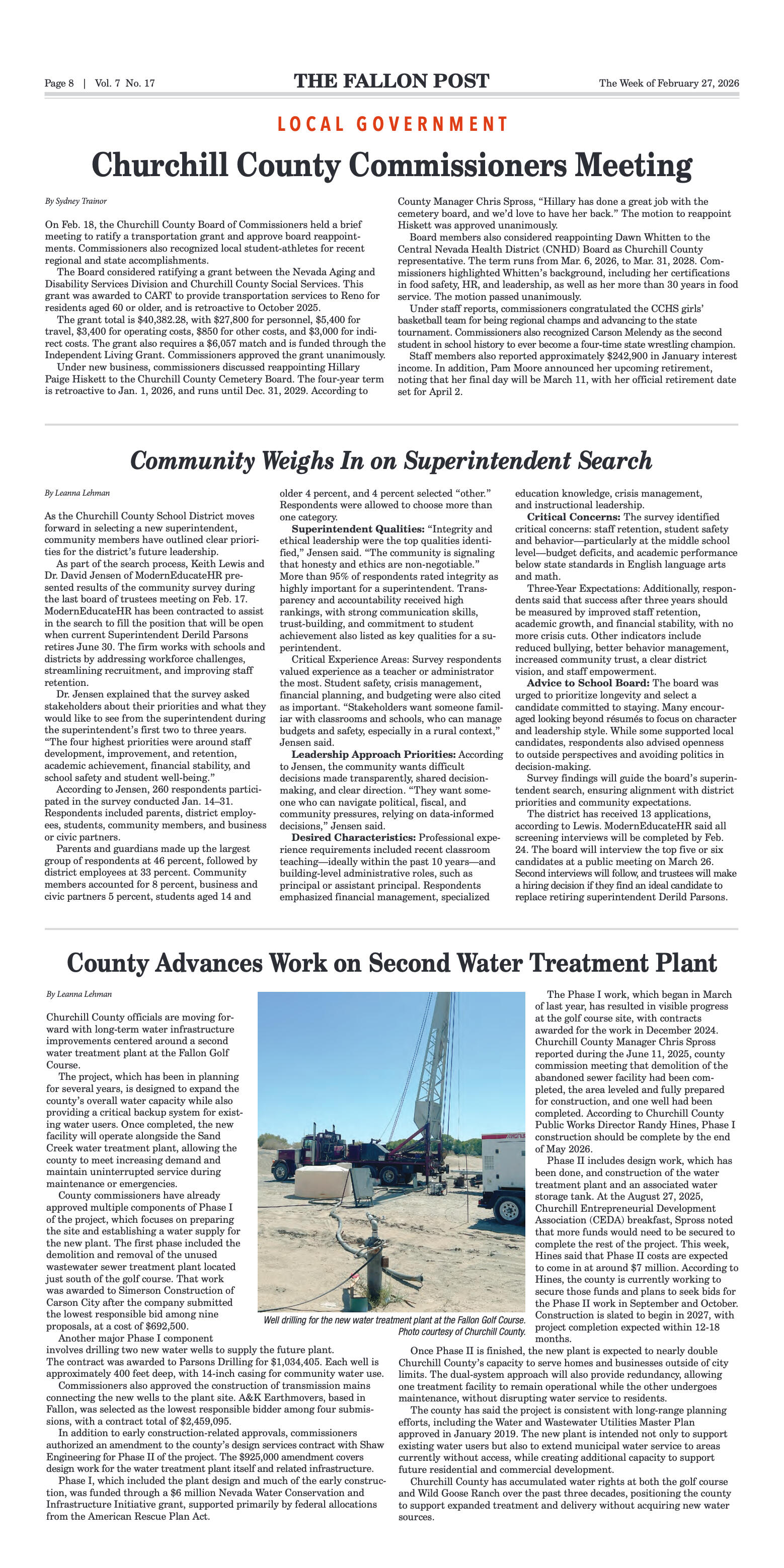
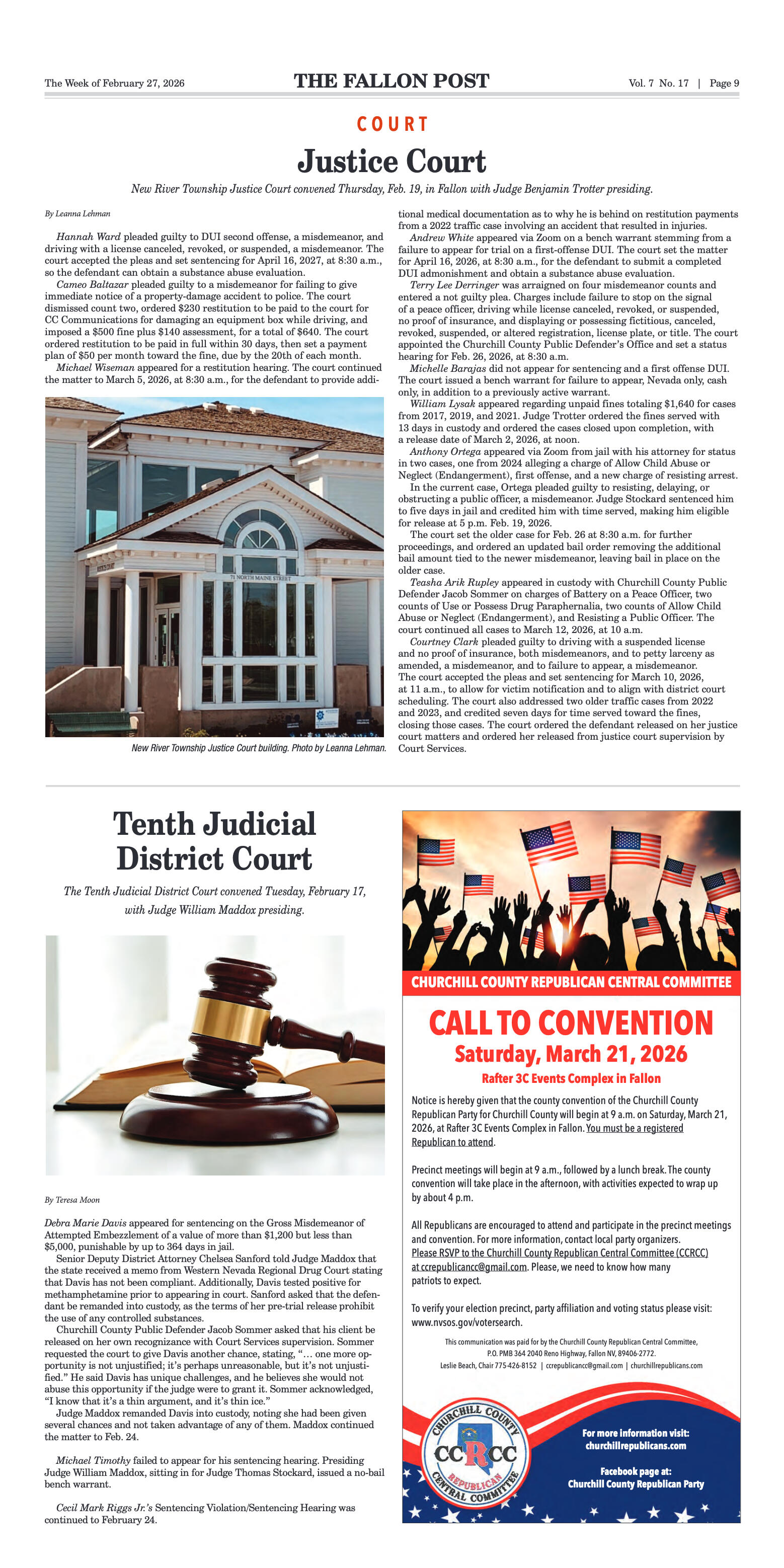
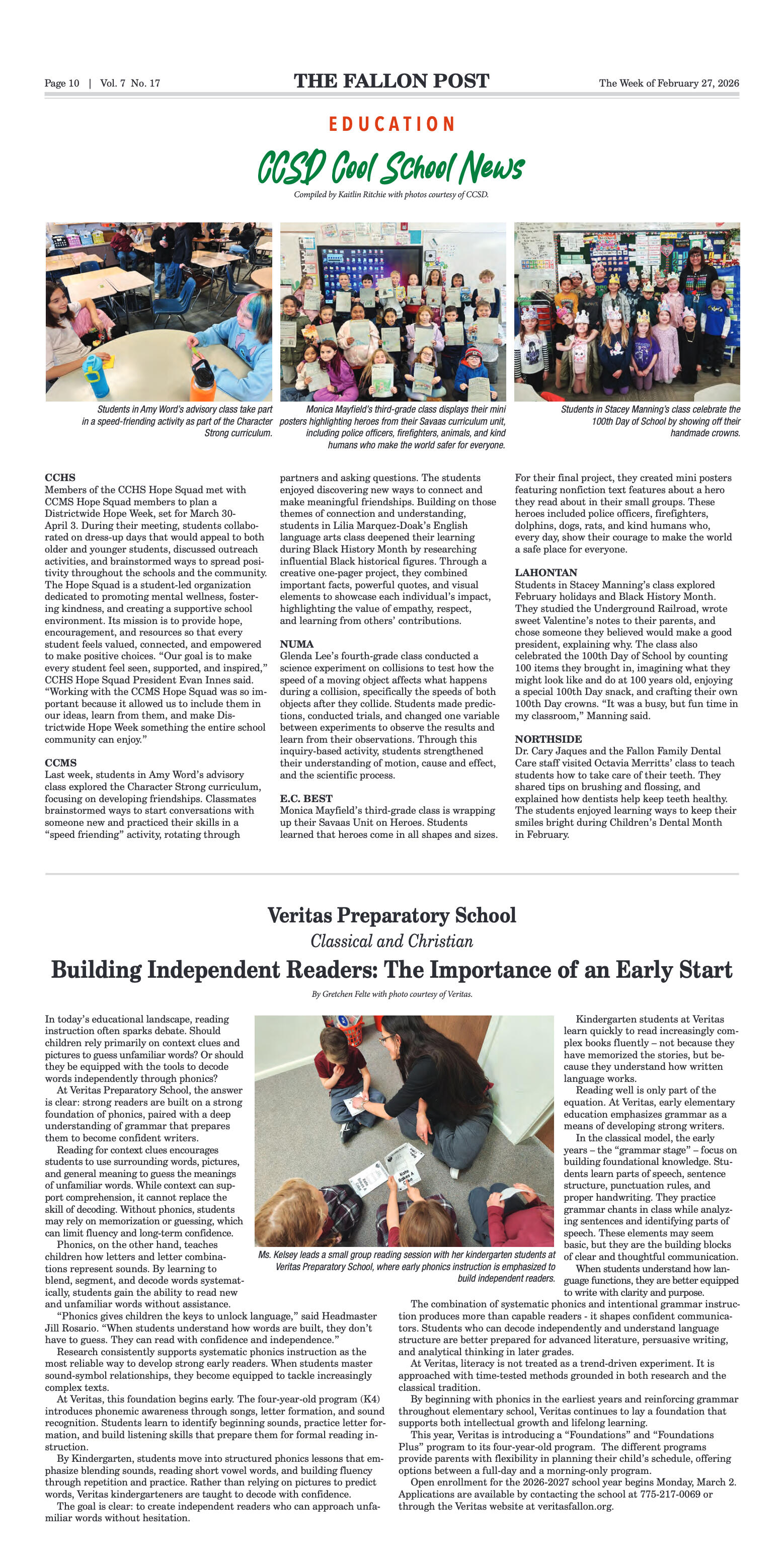
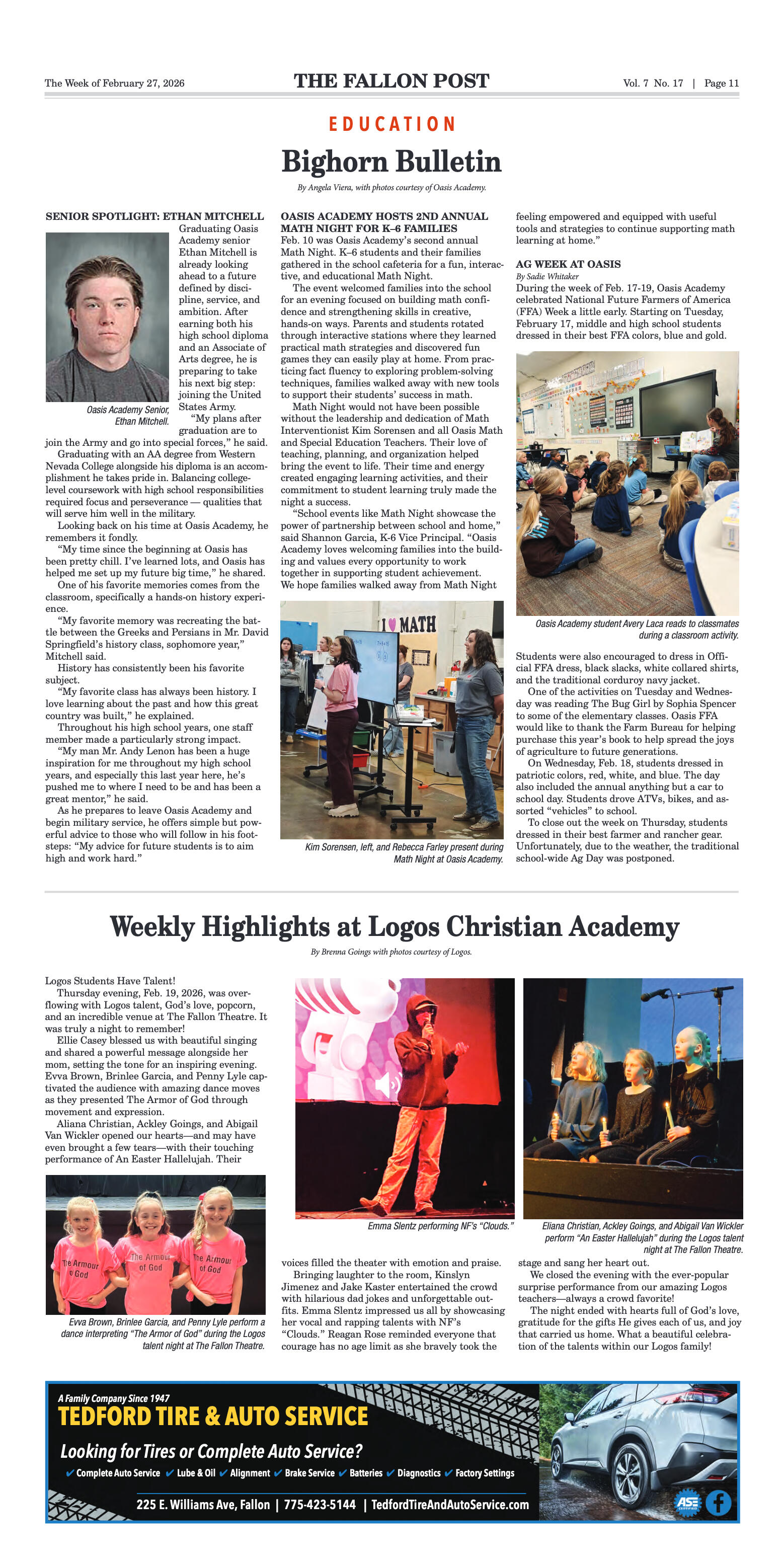

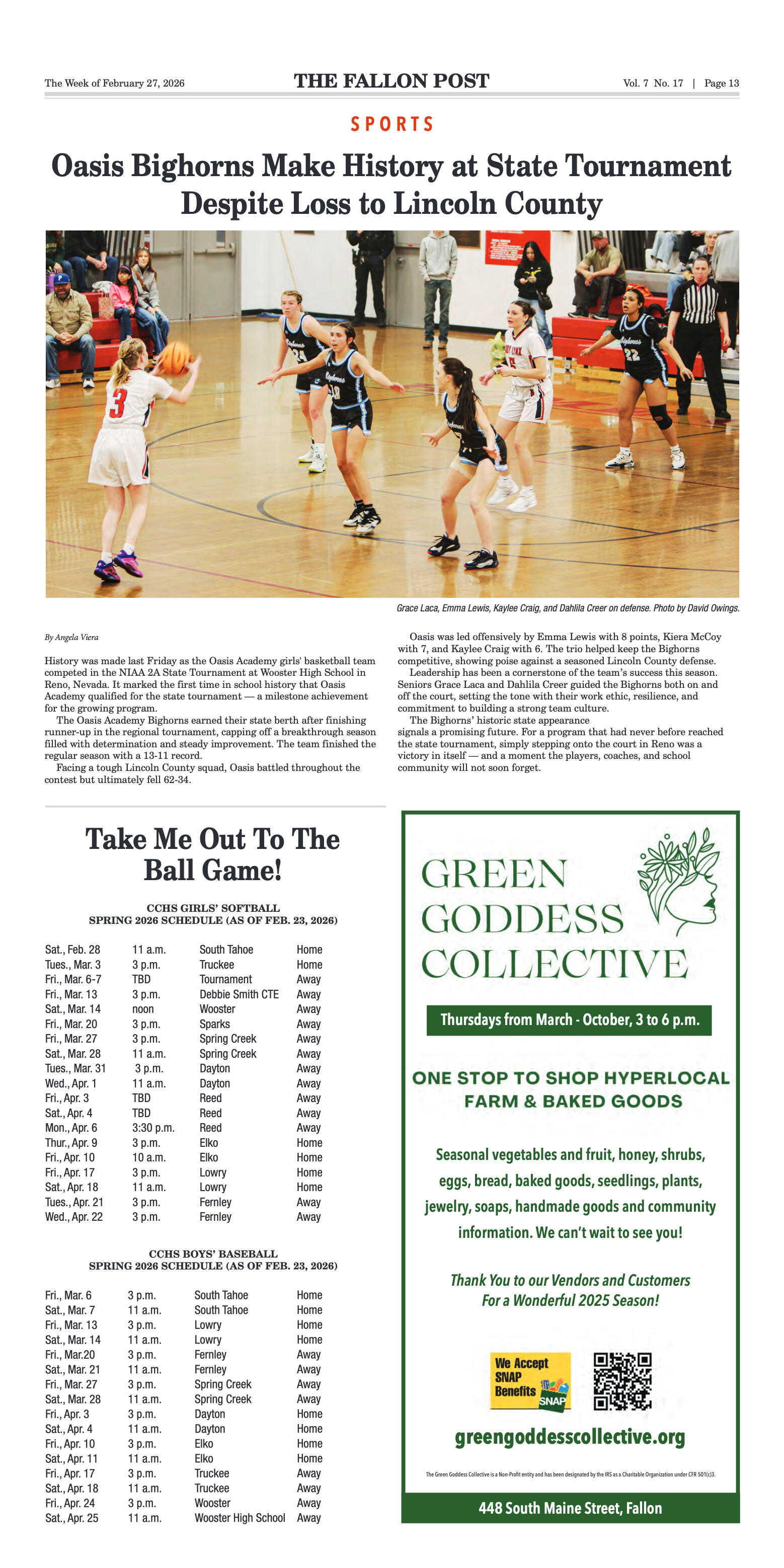
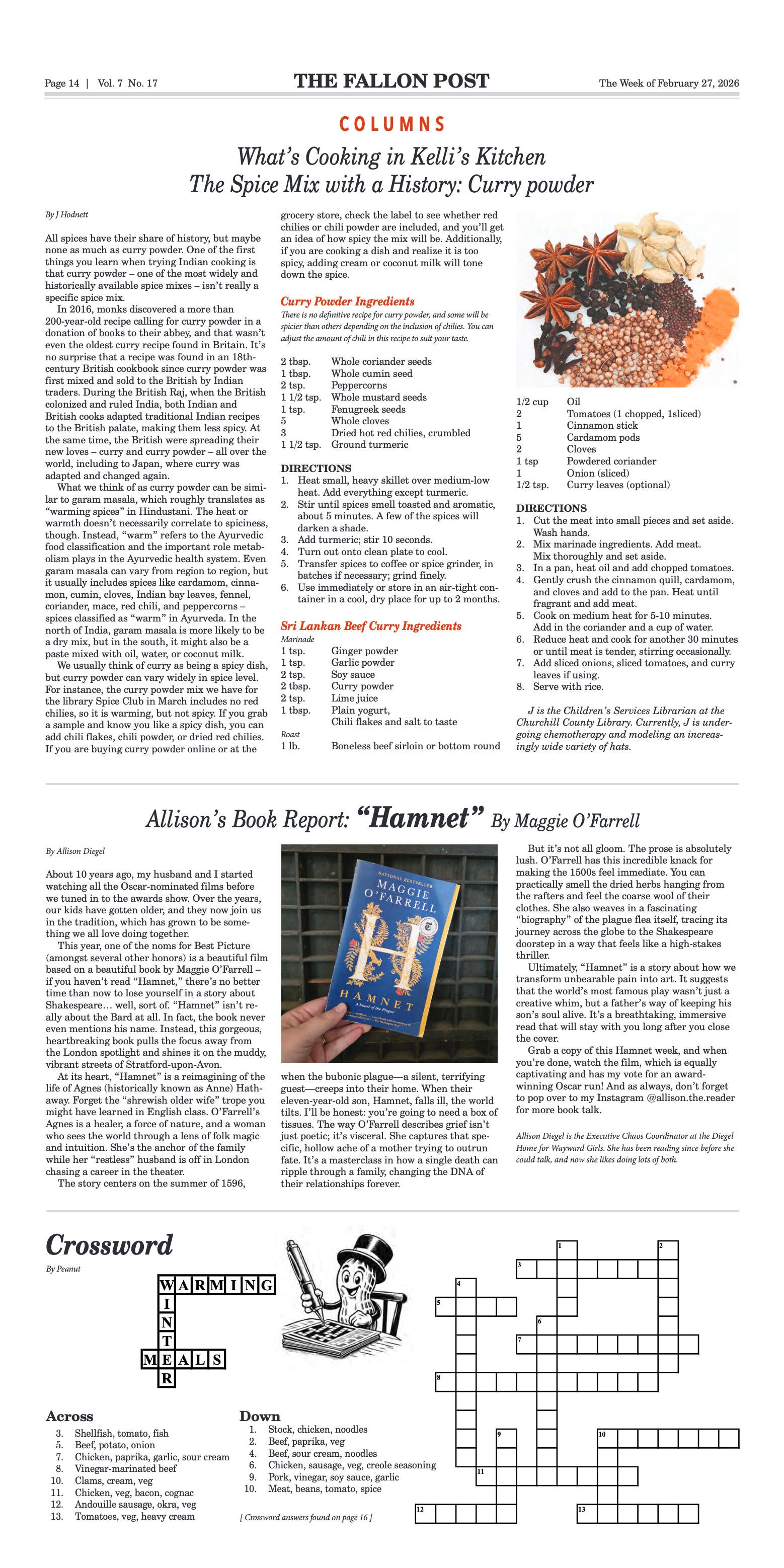
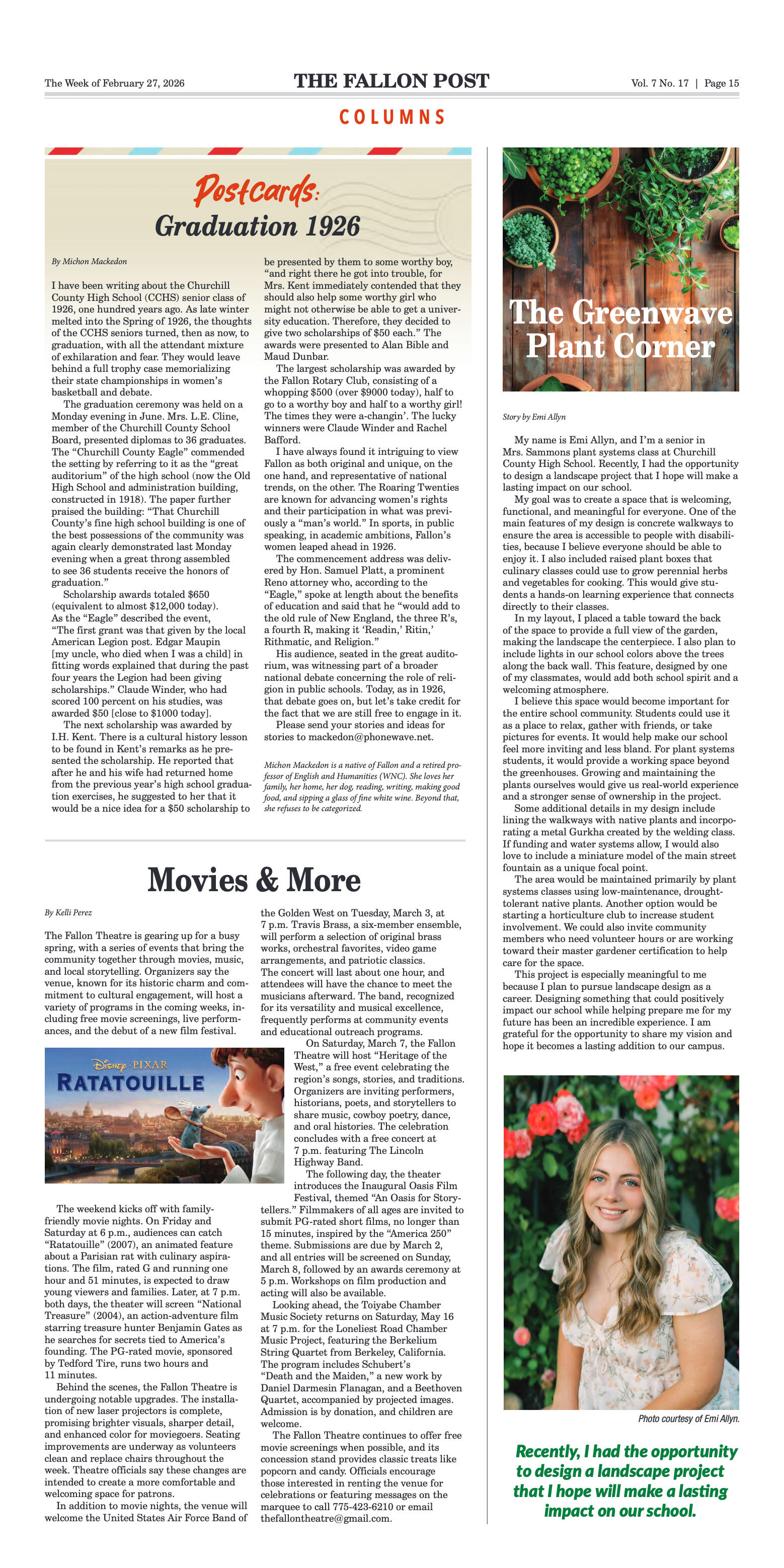





















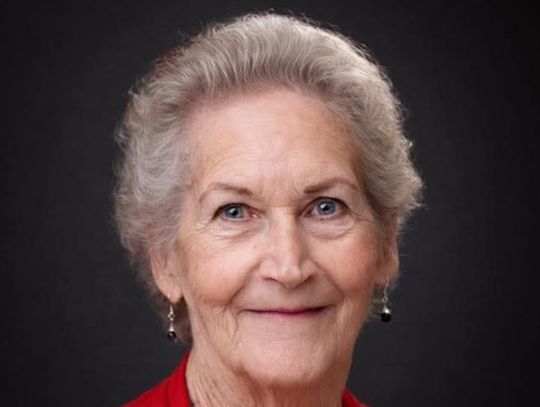


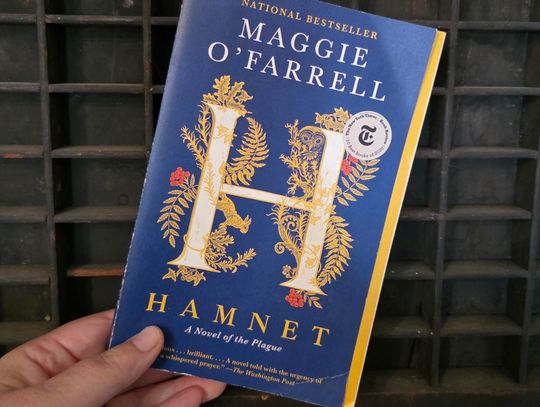
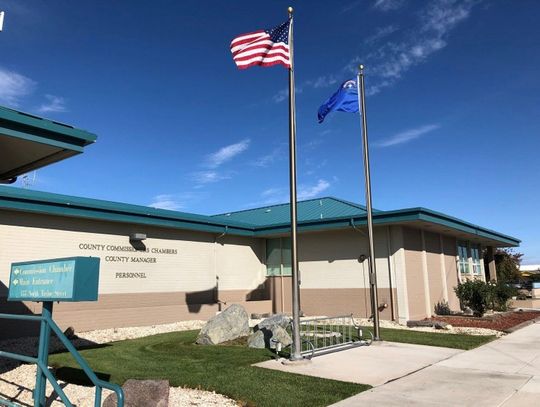

Comment
Comments